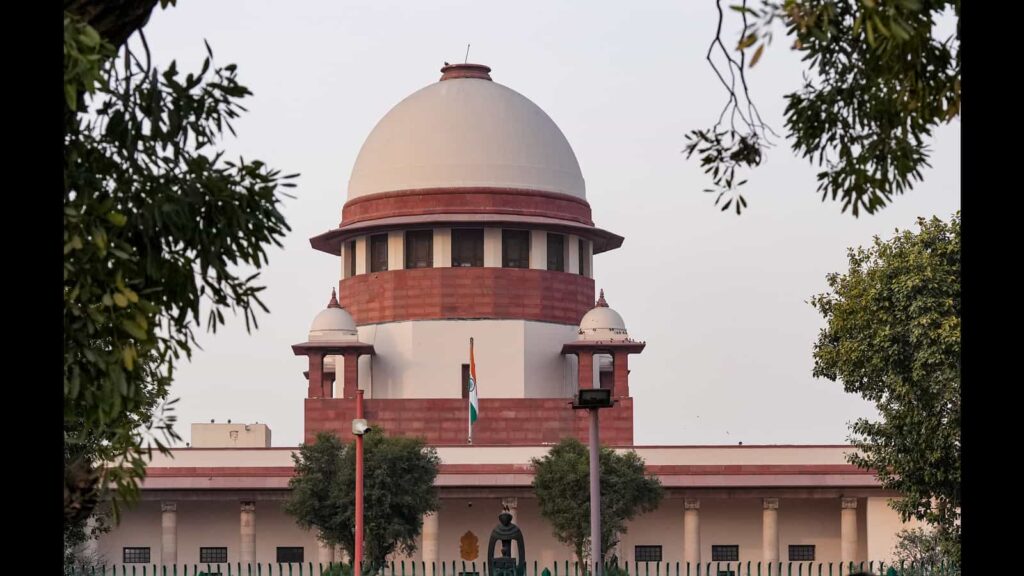There are layers upon layers in the judicial debate on capital punishment — the efficacy and ethics of administering the death penalty, the adequacy of procedural safeguards, the choice of the most humane way to execute a person, and even the moral argument — but at its heart rests the motivation to safeguard the dignity of the life that is to be extinguished. It is this impetus that has animated the Supreme Court (SC) to narrow the scope of the death penalty to rarest-of-rare cases, insist on procedural safeguards, ask courts to make a list of mitigating circumstances before taking a decision, and decide whether long delays in deciding on mercy petitions or review pleas are grounds enough to commute their sentence. This same motivation was behind the SC’s move this week, asking the Centre to discuss whether there are less painful ways to execute the death sentence than hanging by the neck, the current practice.
This debate has played out at various levels across the world, but which, in India, has been muted. Of the 53 countries that retain capital punishment, several have moved from hanging to lethal injection or the electric chair (such as the United States). In India, the first institutional response to this debate came in 1967 when the 35th law commission report found that “there is a considerable body of opinion which would like hanging to be replaced by something more humane and more painless”, but stayed away from a firm conclusion. Again, in 2003, the 187th law commission report recommended alternative modes of execution, such as lethal injection, but didn’t receive a response from the central government.
In recent decades, even as the number of executions has tapered, India has been roiled by polarised opinions on whether the death penalty is necessary. Yet, the spirit of the Constitution bestows a deeper duty on the government and the judiciary — to administer this irreversible punishment in the most humane way possible to preserve dignity not only in life, but also in death. Efforts to affirm this dignity, therefore, should not be limited only to the mode of execution, but also must be expanded to ensure that the marginalised don’t face heightened risks of death row, and that all legal checks are followed. As the 2003 report observed, “The State should not punish with a vengeance”.
Enjoy unlimited digital access with HT Premium
Subscribe Now to continue reading


